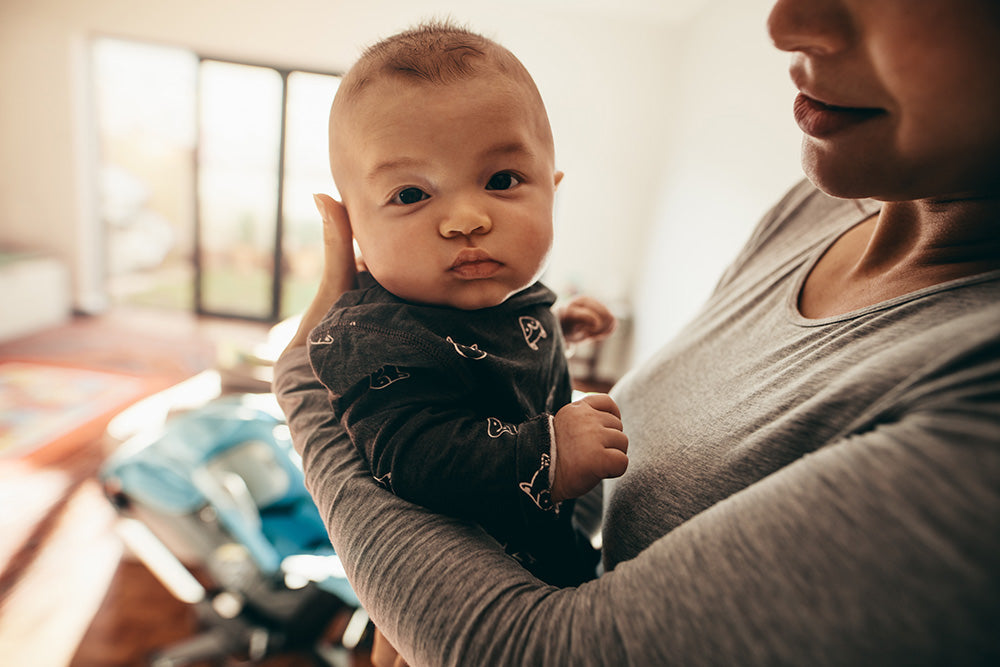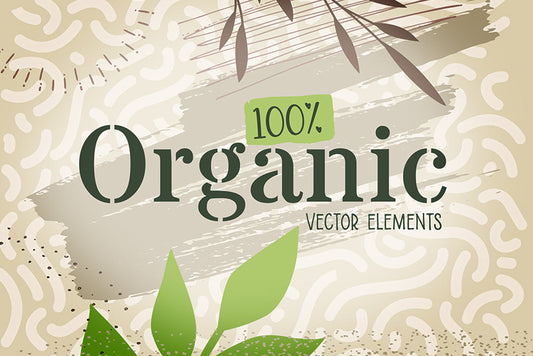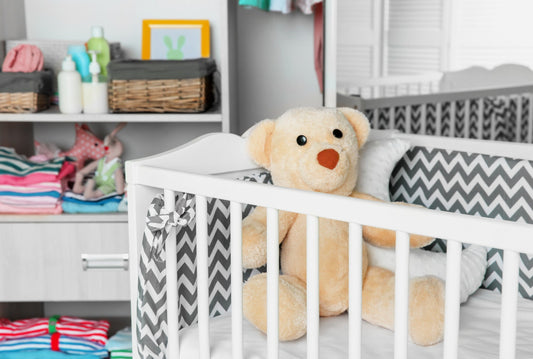How Long Do Babies Carry Their Mother's Immunity?
| updated:Share

Newborns do not possess fully formed immune systems, potentially making them vulnerable to illness and infection. Still, don't fret because your little one's health receives support from its mother's immune system.
How long do babies carry their mother's immunity? The answer depends on whether the mother plans to breastfeed. Regardless of feeding arrangements, mothers pass on immunity to their children that lasts a little while, protecting against germs and immediate threats outside the womb.
Do Mothers Pass Immunity to Their Babies?
Two categories define immunity: active and passive. Each type references how the body develops defenses against various bacteria, toxins, and diseases.
Active immunity describes the process most people are familiar with: The body experiences exposure to specific pathogens and develops antibodies. This form of immunity occurs either through nature or a vaccine.
Babies develop active immunity shortly after birth, but it takes time. They must either become exposed to various viruses and bacteria or be introduced through immunizations. In each case, their system identifies and learns to recognize different system intruders and how to attack them.
Unlike active immunity, passive immunity occurs through transference. As it relates to newborns, they come into the world possessing attributes of their mother's immunity. Antibodies travel through the placenta, ensuring the baby has the mother's immune system.
Passive immunity varies from child to child. Each mother's immune system is unique, so the levels of antibodies and types are unique. Because of the individuality of each immune system, it is challenging to specify how long passive immunity from the mother will last. In general, a baby might possess passive immunity from its mother for about six months.
At What Age Is a Baby's Immune System Developed?
The immune system develops as children age; therefore, a three-month-old's immune system is significantly more developed than a newborn's. The system continues to mature for the first seven or eight years of life but still adapts throughout life.
The primary issue in newborns is a lack of cell-mediated immunity, which does not involve antibodies but rather cellular responses to an antigen in the system. It is part of the active or adaptive immune system, which begins maturing around three months.

How Do You Boost Your Baby's Immune System?
Parents worry about their newborns and can fear almost every decision they make. Asking questions like, "Do breastfeeding babies have their mother's immunities?" Yes, breastfed babies receive antibodies through their mother's breast milk that can increase the duration of passive immunity. Breast milk is not the only way to bolster an infant's immunity.
You can also ensure they receive all vital vaccines. Immunizations are crucial in protecting your child and others. Shots help reduce the spread of severe disease and limit your child's risk of falling victim to the flu or other illnesses.
Beyond vaccines, you can ensure your child gets enough sleep. Infants need between 12 and 16 hours of sleep daily. The specific amount of sleep will depend on your child's age and body. Keeping children active during the day is an effective way to promote better sleep and reduce possible stress.
Finally, promote your child's immune system by ensuring a healthy diet. For older babies and toddlers, include a vegetables, fruit, and protein diet. Also, incorporate remedies like Wellements Baby Immune Support and Multivitamin Drops.
Newborns depend on the antibodies of the mother's immune system following birth. Over the next several months, the infant's active or adaptive immune system will mature. Ultimately, a baby may carry its mother's passive immunity for six months, depending on circumstances.
3.8 /
5.0
(155)
155
total reviews
Multivitamin Drops
Sale price
$14.99
Sources:
https://www.health.harvard.edu/blog/boosting-your-childs-immune-system-202110122614
https://bio.libretexts.org/Bookshelves/Microbiology/Microbiology_(Kaiser)/Unit_6%3A_Adaptive_Immunity/14%3A_Cell-Mediated_Immunity/14.1%3A_Cell-Mediated_Immunity_-_An_Overview
https://www.ncbi.nlm.nih.gov/pmc/articles/PMC7293525/#:~:text=After%20birth%2C%20the%20newborn%20becomes,7%E2%80%938%20years%20of%20life.
https://www.medicinenet.com/how_long_do_babies_have_mothers_immune_system/article.htm



